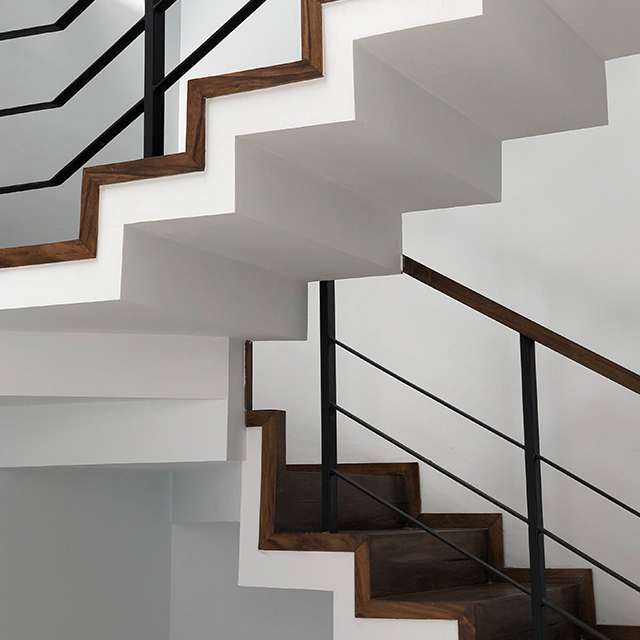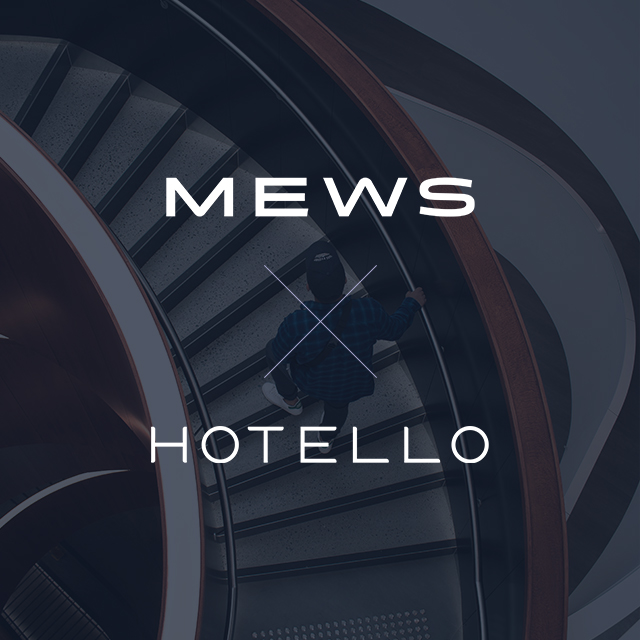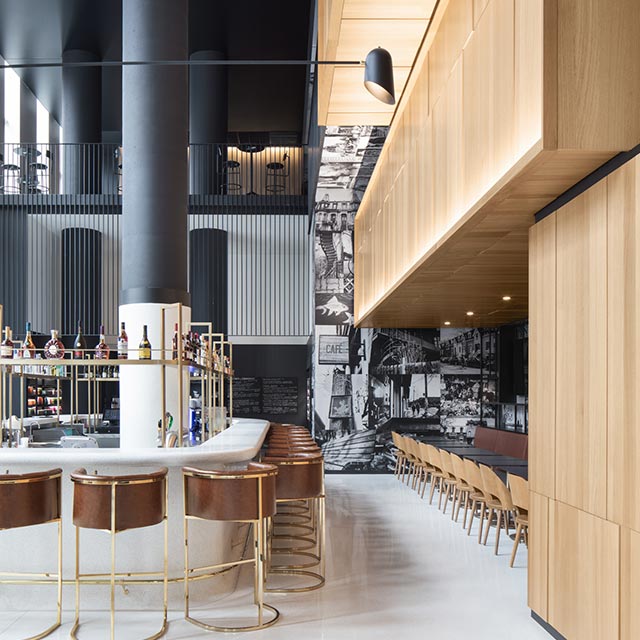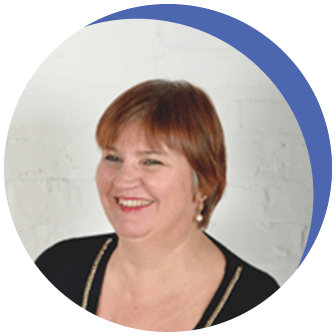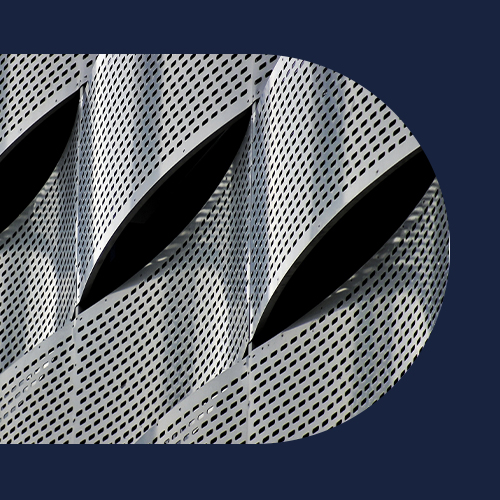Yield management at your service
As a hotel manager, you should be familiar with the concept of yield management. At the very least, if the words yield management are not part of your day to day vocabulary, you still should be aware that you need to implement certain policies in order to fluctuate your rates according to different criteria, such as demand and the dates on which your clients make a booking. This is what yield management is all about. To have your occupancy rate reach its maximum potential, you must consider your hotel’s ability to attract clientele. For example, if you kept your high season rates during the low season, your hotel will never reach its full capacity. These adjustments are necessary to allow your hotel to achieve its full potential.
To have your occupancy rate reach its maximum potential, you must consider your hotel’s ability to attract clientele. For example, if you kept your high season rates during the low season, your hotel will never reach its full capacity. These adjustments are necessary to allow your hotel to achieve its full potential.

What is really Yield Management?
In the hospitality industry, we are also concerned with revenue management, which is used in a broader context when talking about yield management.
Yield management is a technique in which you adapt your room rates according to a number of criteria in order to maximize your occupancy and your income. The idea is to find and display the best rate in real time to reach an equilibrium. You don’t want this rate to be too low because you would lose money even if your hotel was at full capacity, or too high, because too many rooms would remain vacant. Say there is a popular event going on near your hotel. You can then raise your rates as you benefit from a high demand. On the other hand, say you find yourself in a quieter period, in which case it is preferable to lower your rates. It is therefore obvious that the person in charge of altering your rates should have an extensive knowledge when it comes to popular events and happenings near your hotel. Knowing the precise dates of these events is not necessarily crucial, however you should still be aware of the type of events, participants and deals made with neighboring hotels. Fortunately, you are able to gather and centralize all this data using the yield management tool of your PMS system.
Which elements should you consider for Yield Management
Rate adjustment method
First, you need to establish whether you are using a PMS System or if you are doing calculations without specific tools, as this will impact the way you conduct your yield management. Without specific tools, your method is almost purely based on your own perception of the situation and external factors which could encourage your clientele to book elsewhere. When you equip your hotel management software with a yield management tool, you are then easily and quickly able to modify your rates, and immediately update these rates online. A yield management tool can also gather important data to justify rate fluctuations, compare your performance during the current year to the previous year, and contrast your rate versus your competitors’ rates in real time.
Neighbouring events
You also need to consider the events happening in your hotel’s neighborhood as these events have a direct influence on your occupancy and rates. Regardless of the season, an event will inevitably have an impact on your occupancy and/or rates. In fact, an event represents a potential opportunity to earn additional profit compared to an ordinary situation. You need to seize every business opportunity in order to boost profits and distinguish yourself from your competitors who may not be grasping every one of these opportunities. Competitive intelligence is of crucial importance in your yield management strategy.
Competition
In order to stand out from your competitors, you must analyze them. Many competitive intelligence tools are available, especially with booking platforms which can display your competitors daily rates. It is imperative to analyze your competition in detail, as you need to step into your potential clients’ shoes to have an overview of what is available to them when they are looking for a hotel.
The first challenge you must face is identifying your competition. This is not done simply by considering hotels close to yours, but also ones that offer the same services as yours. When comparing rates, you need to make sure you are comparing similar rooms and services, and, if not, you should take that into consideration when setting a final rate. There is no need to compare a standard room with a double bed to a suite which offers a queen bed and a larger area. If your competition does not have any more standard rooms in its inventory, you may want to ask yourself why. Is it because they only had very few standard rooms to begin with? Because the standard rooms all sold out? Or is it because your competitors’ pricing policy is more attractive than yours is and that your competition is well ahead of you?!
Comparing your performance to the previous year
It is also important to evaluate the current period against the same period as the year before. The result of this comparison will allow you to situate yourself in terms of bookings compared to a specific date during the previous year, and thus to be more proactive in modifying your rates. You also need to take into account whether, during the same period last year, an event boosted your rates and occupancy or, on the other hand, if it was an ordinary period.
External factors
You also need to consider other external factors when adjusting your rates. Say you run a resort. Your clientele is more likely to consider dates where they will be able to enjoy all of the attractions you have to offer. Therefore, during summertime, the weather will play a crucial role on your hotel’s attractiveness. Some hotels transform this aspect into a marketing feature, adjusting rates during the winter according to the weather. In the event of a very cold day, your clients are offered a greater discount than on more mild days. This rate management, which resembles yield management, was adopted by some hotels after easily noticing that, during colder days, fewer clients are likely to book.
The time of booking
The last factor to consider in your rate analysis is your clientele’s time of booking. By time of booking, we mean the number of days, on average, that separates the moment your clients make the reservation and the actual moment they check-in at your hotel. The time of booking indicates a tendency which reflects whether the vast majority of bookings were already made according to a specific date, or if the majority of bookings is yet to come. This is tremendously important, as it will ensure your ability to reach optimum occupancy for specific dates. If your rate is not adjusted when the majority of your clients call, you put yourself at risk of losing many clients or losing a significant amount of money. On the other hand, if your rate is perfectly adjusted according to all your criteria, you will be more likely to attract clientele and maximize your income rather than watching your potential clients book elsewhere.
Additionally, due to the fact that you take bookings for the near future, it is very important to know at all times which dates your clients are likely to book. This will allow you to adjust your rates for these dates accordingly, rather than adjusting them after the majority of your clients have already booked; which will then be too late. Once again, your PMS System supplies this important data.
For hotel managers who are able to play with overbooking, and thus have a significant amount of no shows, the rate adjustment task is made even trickier. An extensive analysis of no shows will be of significant importance because it is part of the everyday reality. It is possible for a client not to show up because the rate at which they had booked was higher than that of the competition a few days before their stay. This can lead to your client changing their decision at the last minute, if your cancellation policy allows it.
In order to avoid such a situation, the choice of booking policy is also something which you should control as a hotel manager, so that you can attract even more clients and avoid clients not showing up.
All these yield management concepts can and will be very effective if you are equipped with the right tools. Your PMS System must be able to provide you with current and past data and also predict your future data to guide you in the right direction. Your competition analysis must be done carefully to ensure you do not miss relevant data, and you must pay attention to customer behavior and the reasons that they might book elsewhere.
Ultimately, do not confuse yield management with pricing policy. Yield management allows you to adjust your rates in the few days preceding bookings. It is therefore interesting and useful to combine pricing policy and yield management to maximize your income. The final adjustments in your pricing strategy will allow you to distinguish yourself from the competition and always be one step ahead.
 Log in
Log in

